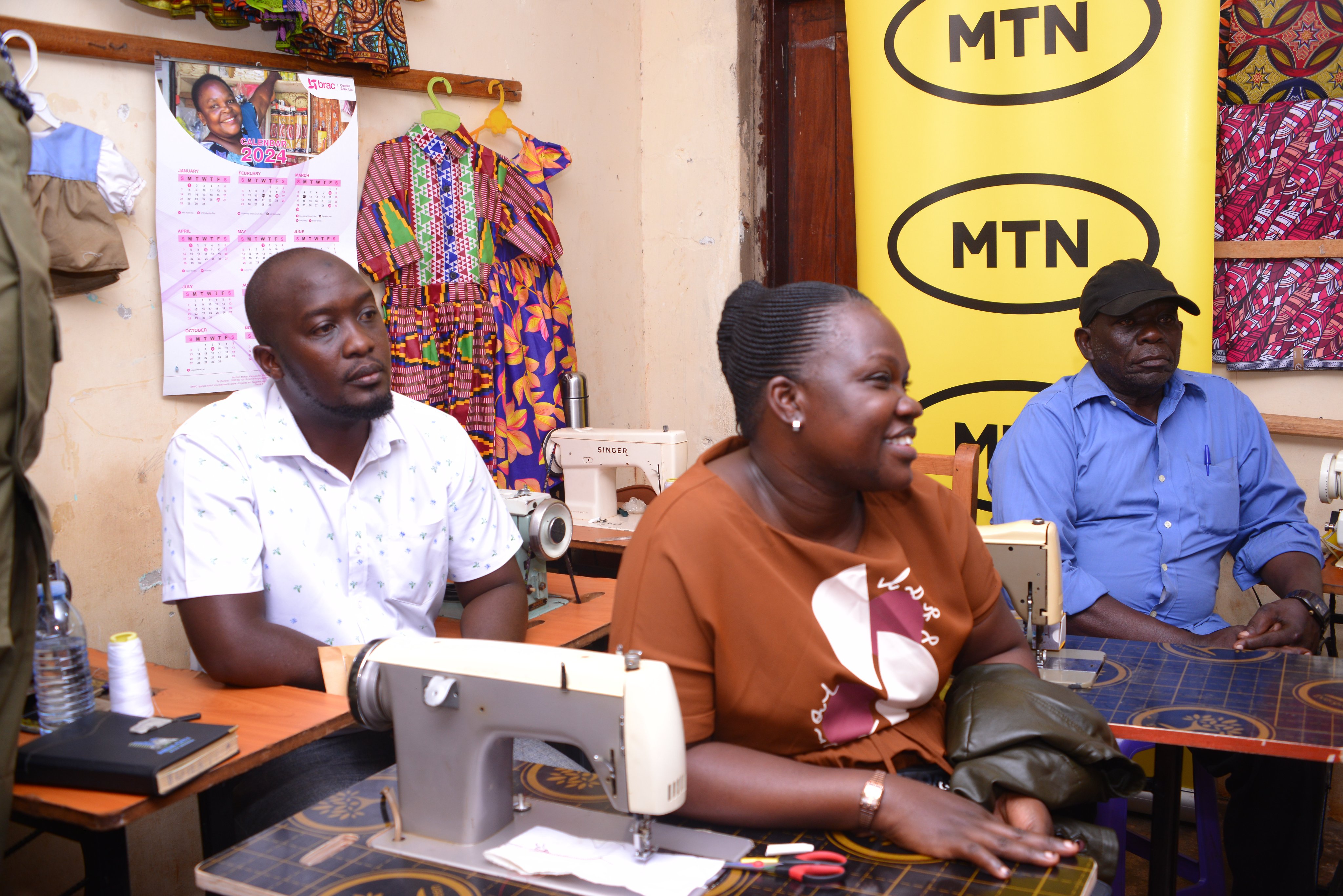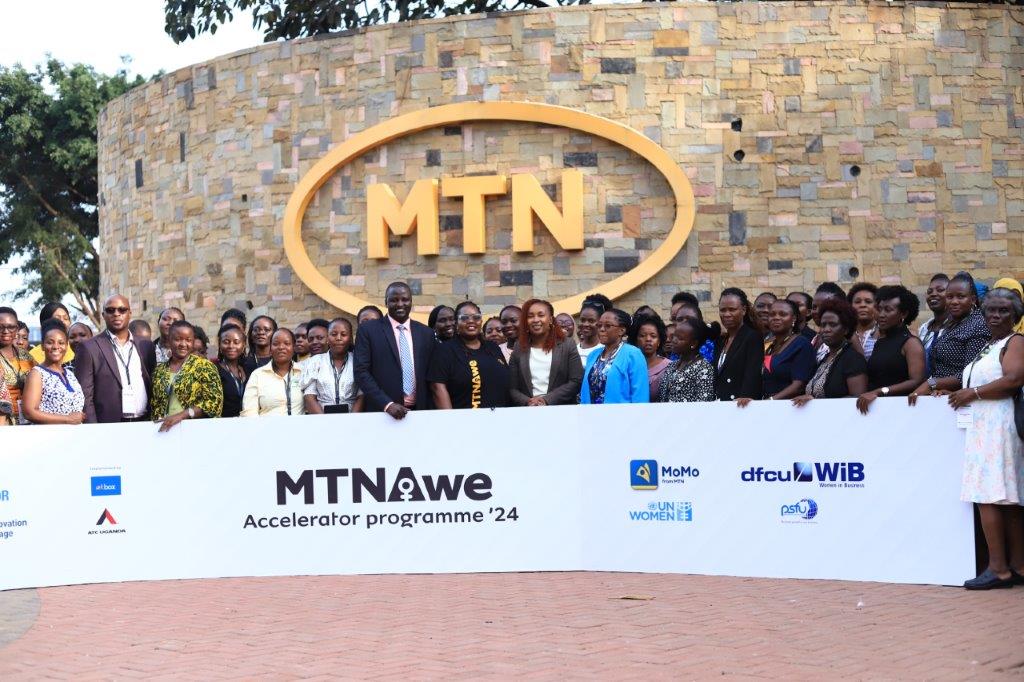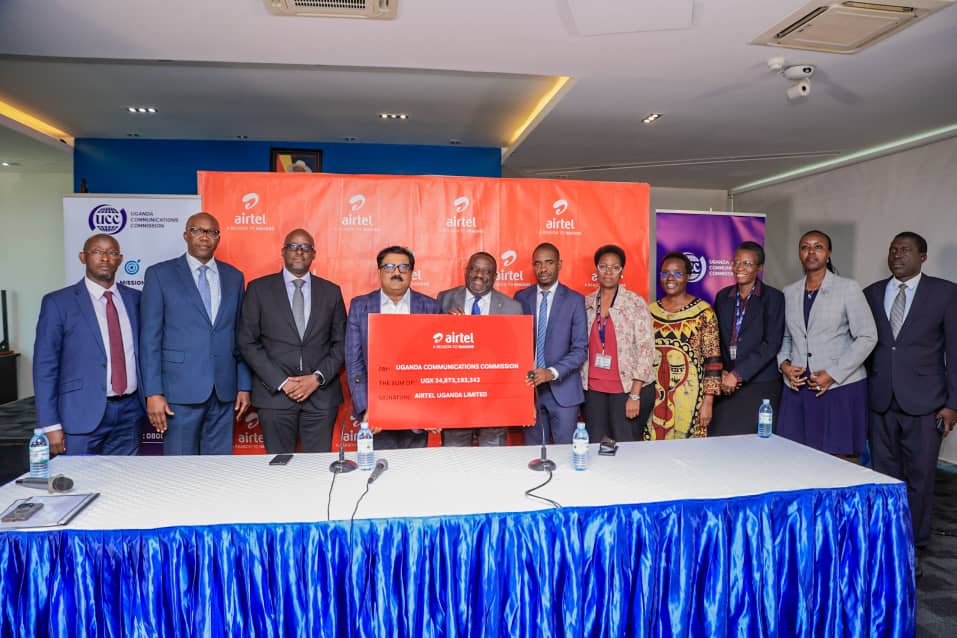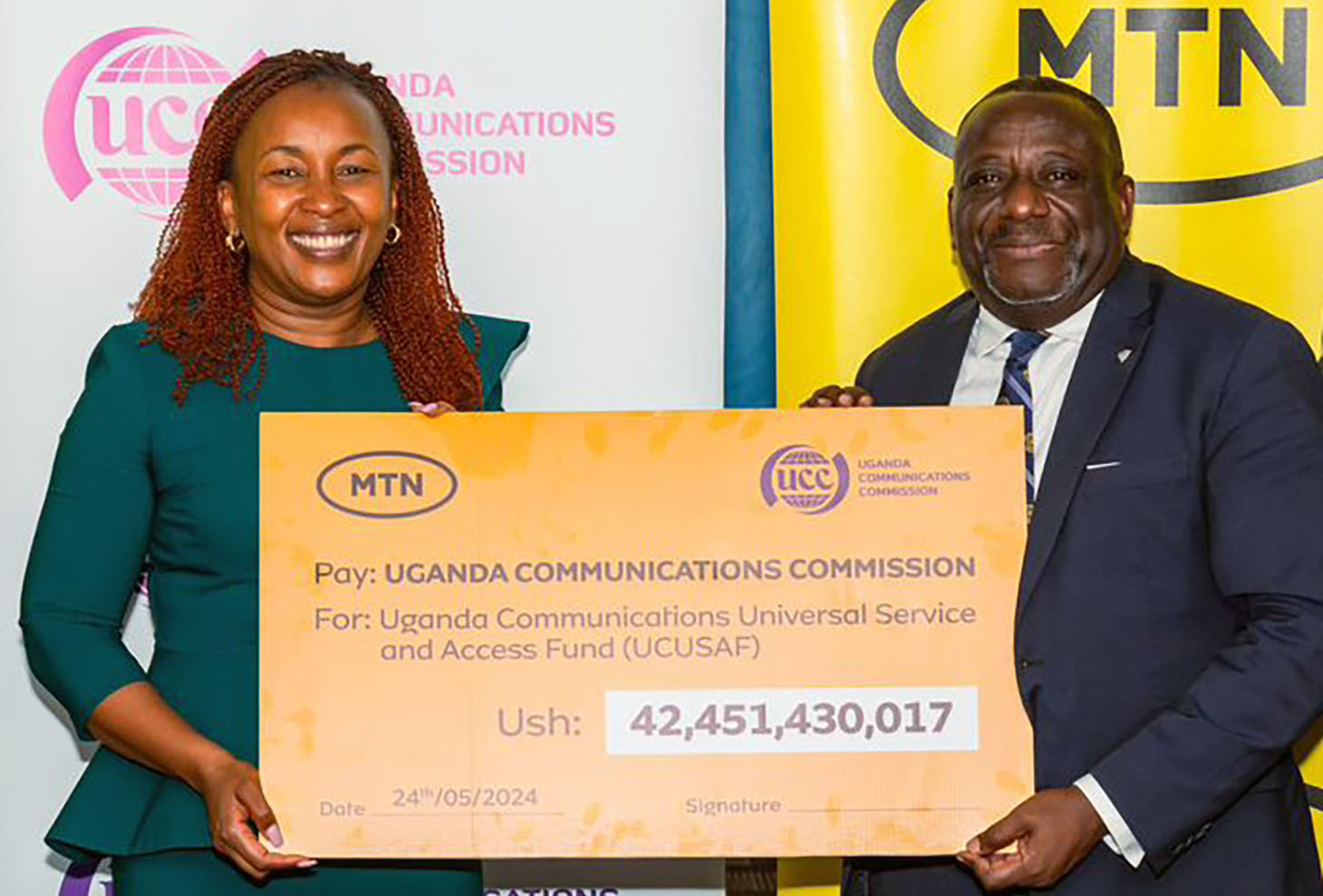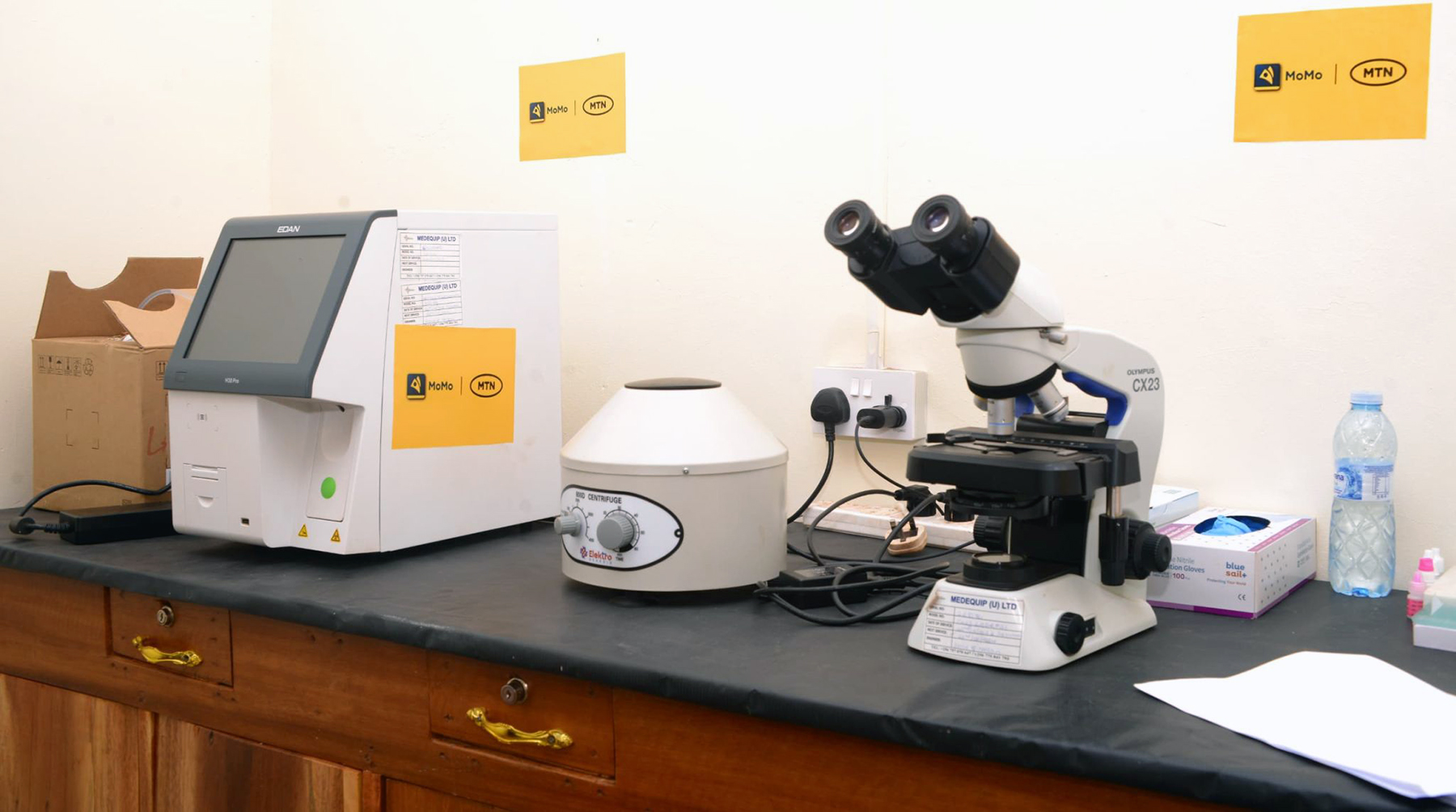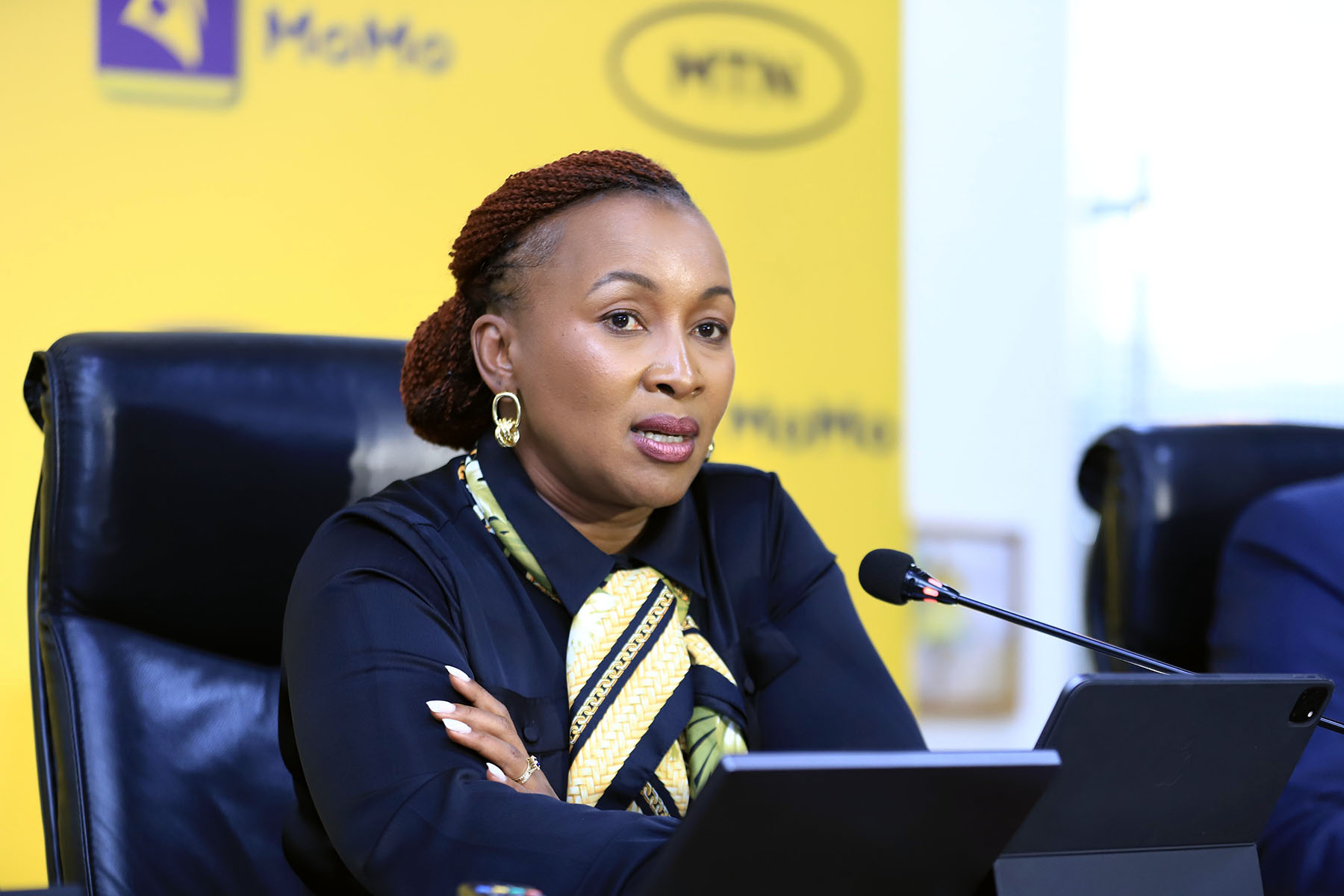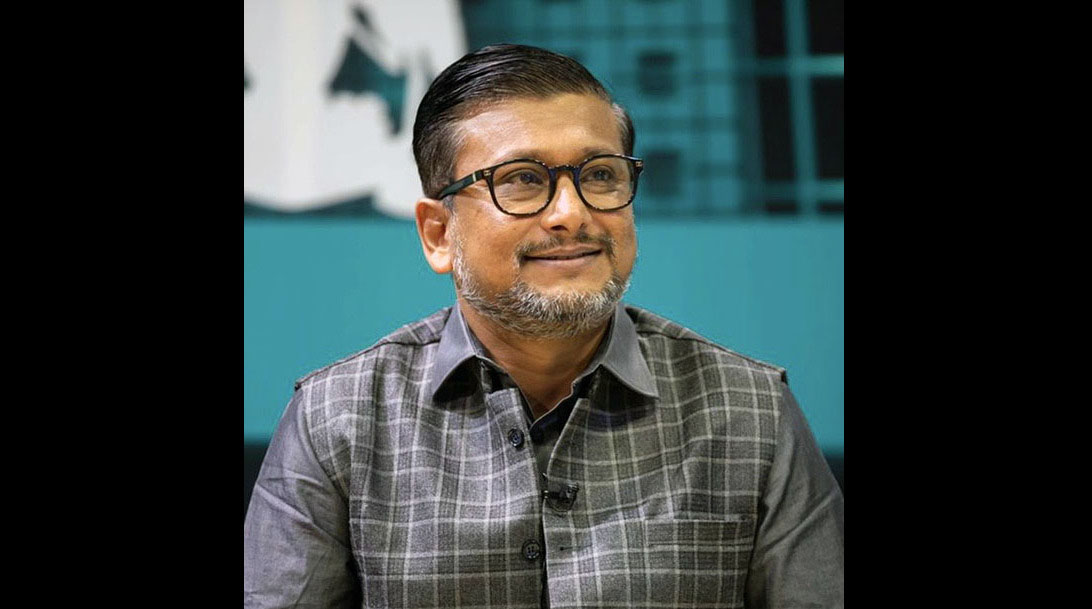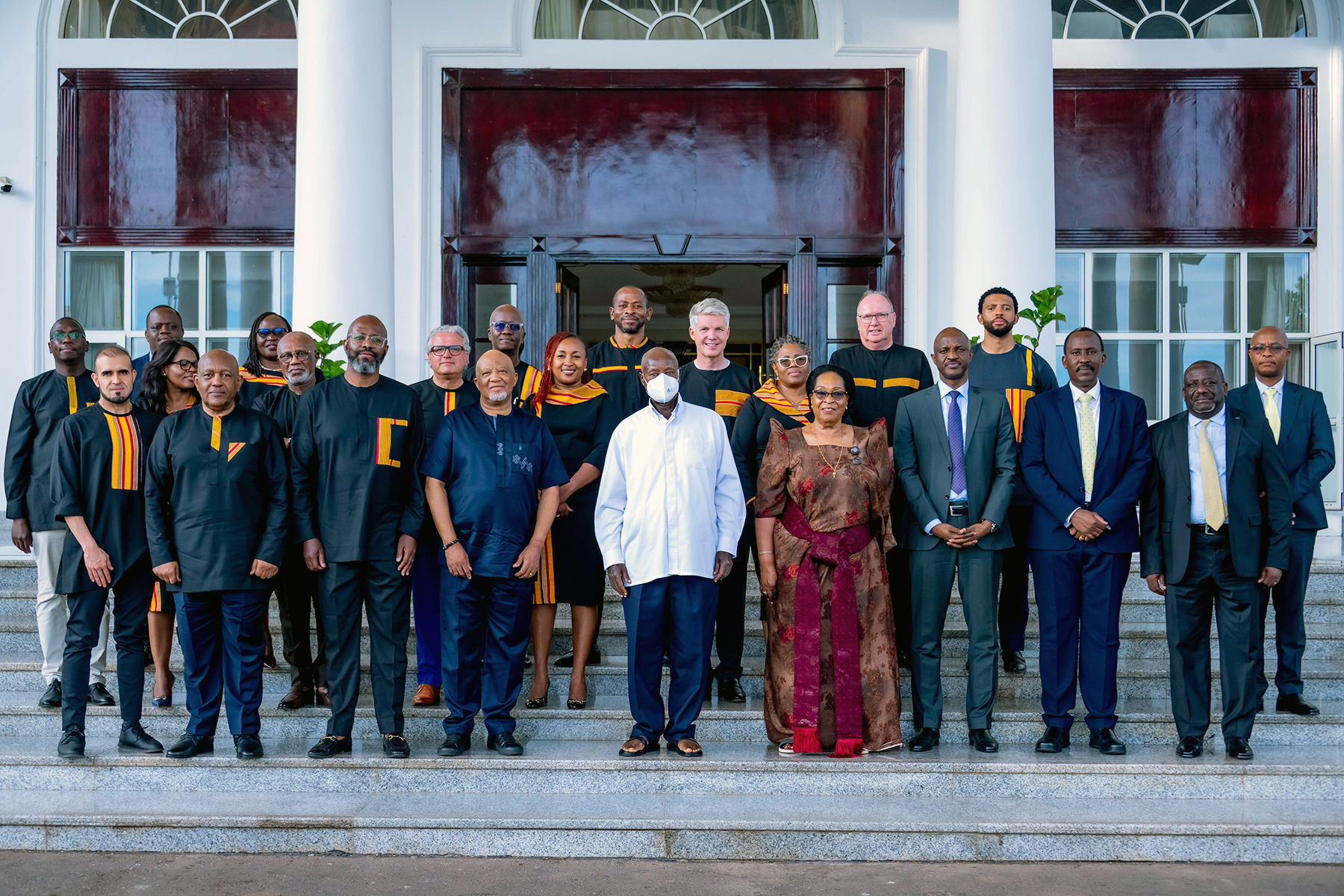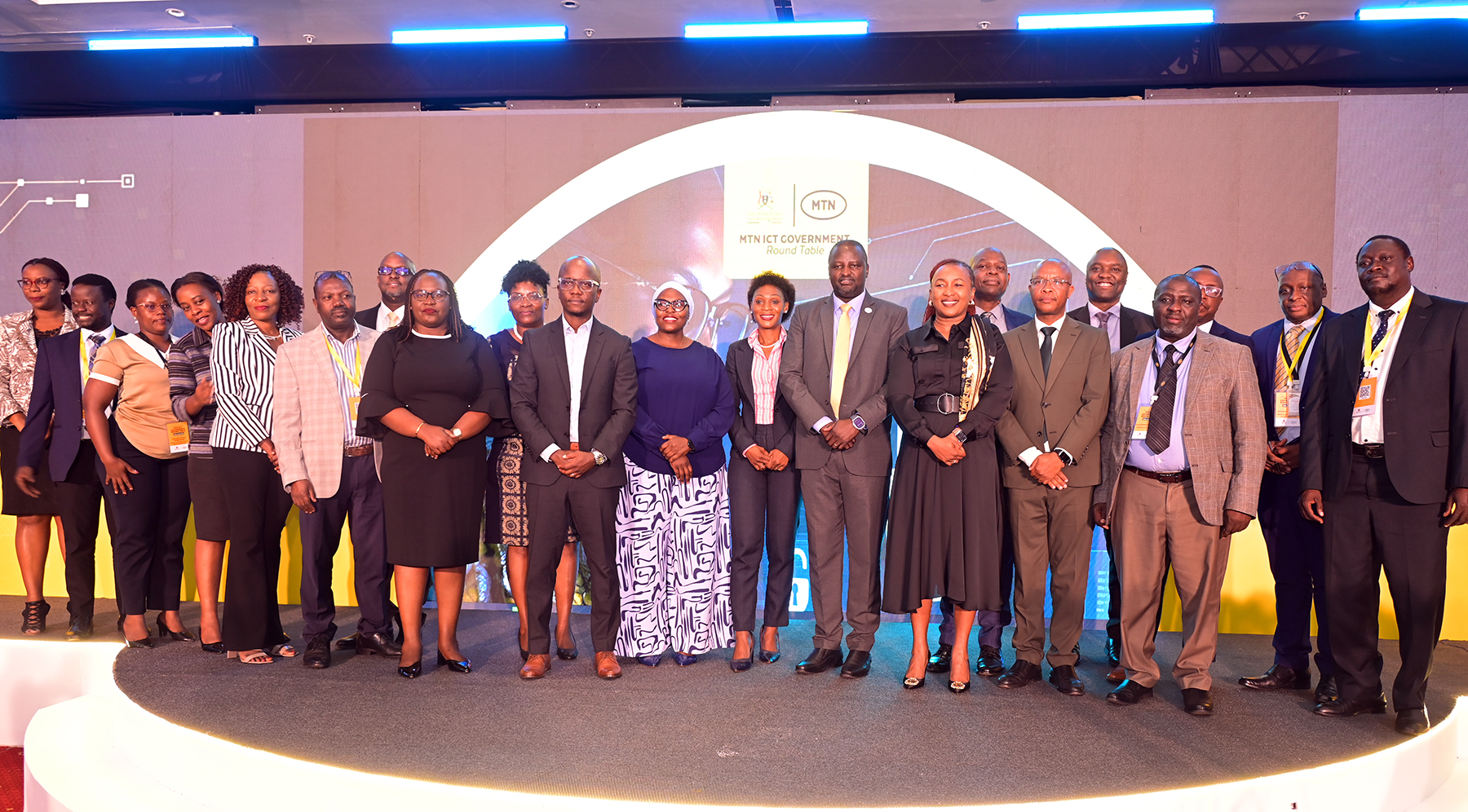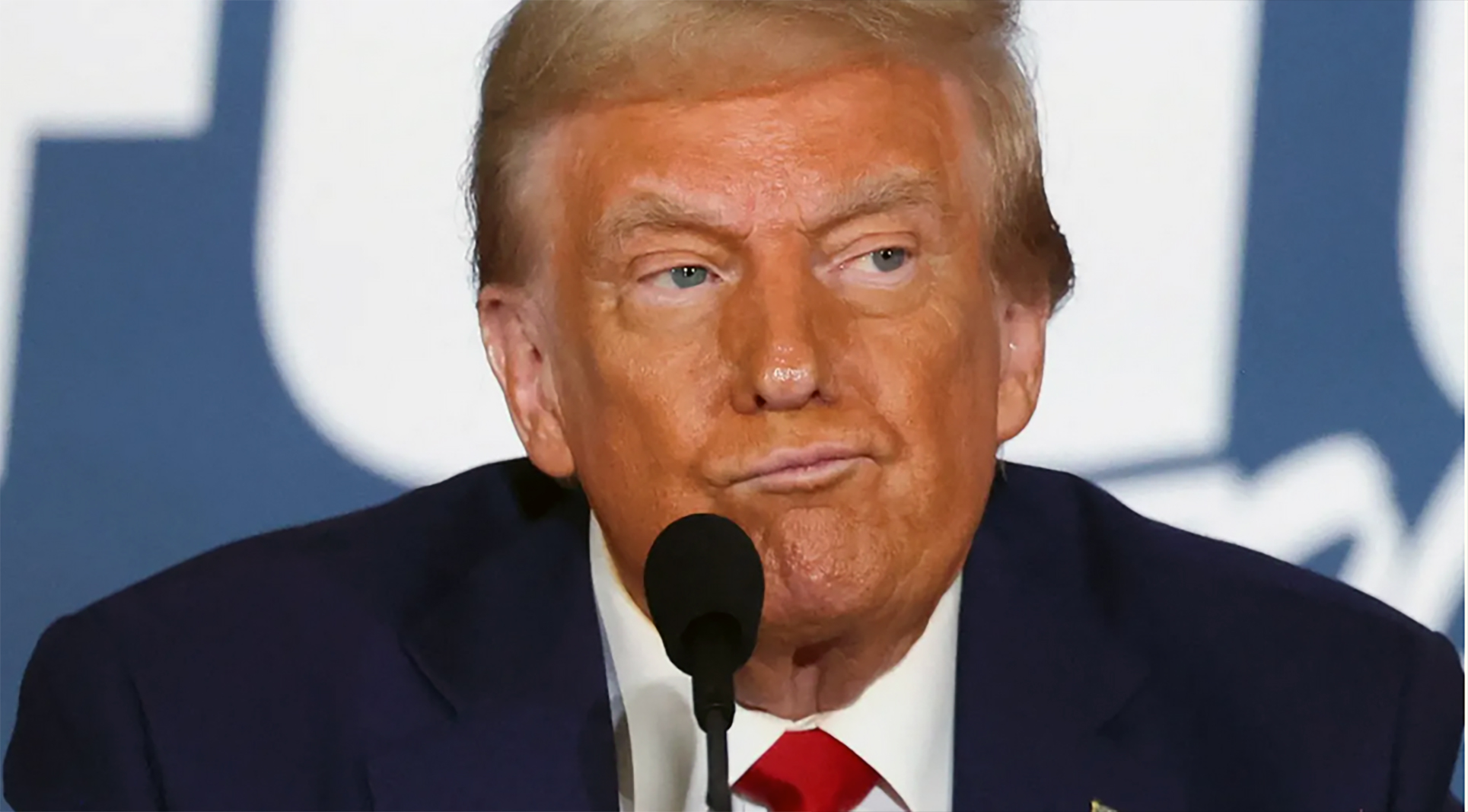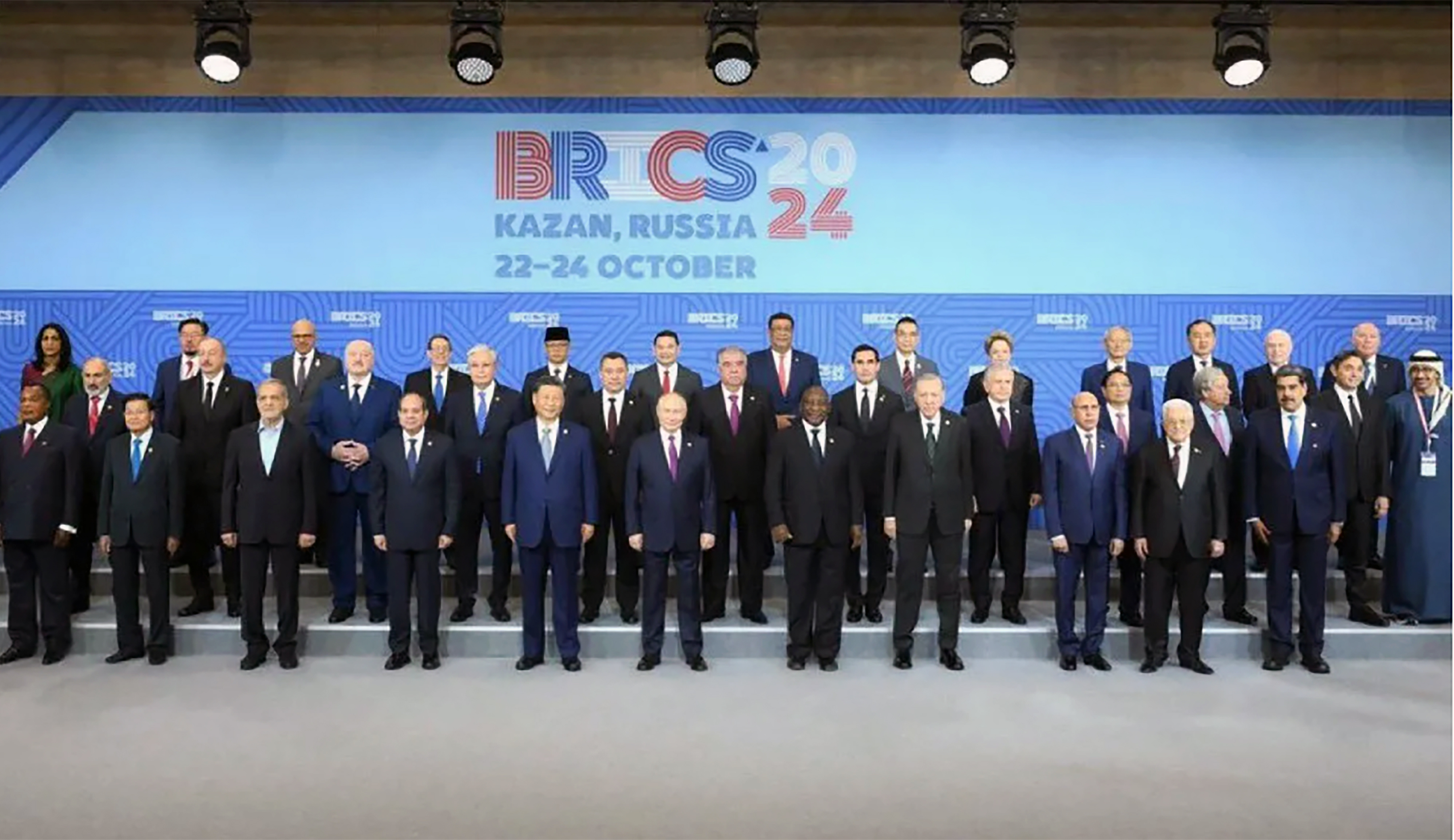Judge acquits ThreeWays bosses over MTN's UGX14 bn theft

Geoffrey Bihamaiso (L) and Oscar Baitwa can afford to smile after the Anti-Corruption Court acquitted them on April 30, 2025.
In a ruling that has sent shivers through Uganda’s corporate and legal circles, Justice Lawrence Gidudu of the Anti-Corruption Court has acquitted two directors of ThreeWays Shipping Company who were charged with siphoning $3.8 million (about UGX14 billion) from MTN Uganda’s bank accounts.
The two directors, Geoffrey Bihamaiso and Oscar Baitwa, faced charges of theft and conspiracy to defraud, following the company’s submission of 125 forged invoices to MTN Uganda between 2009 and 2012.
The shipping and forwarding company had been contracted by MTN Uganda to handle its international goods. However, in the course of its business, the company submitted forged invoices and airway bills to MTN, which the telecom giant paid to the ThreeWays account, controlled exclusively by the two ThreeWays bosses.
- The case, which has dragged on for almost ten years, involved a total of six suspects, including both MTN Uganda and ThreeWays Shipping employees. However, only the two directors remained on trial, after the others entered plea bargains and refunded some of the stolen money, one died, and others were dismissed.
On April 30, 2025, Justice Lawrence Gidudu delivered the long-awaited judgment, acquitting the accused of all charges, ruling that the prosecution had failed to prove the criminal intent or direct participation of the accused in the theft.
Whereas the judge acknowledged that theft had indeed occurred and that the stolen money as fraudulently transferred from MTN Uganda’s accounts and remitted to the ThreeWays account, he held that the fraud was executed by MTN insiders and low-level employees of ThreeWays Shipping, and that there was no evidence to link the company directors to the crime.
- “What was deposited on the accused company’s accounts was stolen money…but there is a missing link to connect the accused to the crime,” the judgement reads in part, adding; “The fact that money was deposited in an account they controlled is not, by itself, proof of intent.”
“Since I have found that theft occurred when money was caused to leave the MTN (U) account, the charges of theft against [(Baitwa and Bihamaiso] without proof of common intention cannot stand.”
The judgment has been met with strong criticism from legal experts, corporate leaders, and anti-corruption advocates who say the court ignored compelling circumstantial evidence. They argued that the directors’ exclusive control of the bank account - used as the “exit facility” for the stolen funds - should have been sufficient to infer knowledge and complicity, especially given the duration and magnitude of the fraud.
“The ruling defies logic,” said one prominent legal analyst. “You cannot accept all the factual and legal underpinnings of a fraud case, and then abruptly absolve those who directly benefited from it—without a coherent explanation.”
Indeed, observers have expressed confusion over the court's apparent internal contradiction—agreeing with the prosecution’s arguments at every legal turn, only to make a dramatic reversal in the final judgment. “What could possibly have changed the mind of the judge at the last minute?” one senior lawyer asked. “It is baffling.”
- Legal comparisons have also been drawn between this particular case and Uganda v. Jeff Lawrence Kiwanuka (2017), where the same presiding judge—Justice Gidudu—lifted the ‘corporate veil’ to convict a director for corporate fraud under nearly identical circumstances.
- ‘Lifting the corporate veil’ means a court may disregard a company's separate legal identity and hold its owners or directors personally liable for the company's actions, particularly in situations involving tax evasion or fraud.
“In Kiwanuka case, the veil was lifted to expose the real beneficiaries of stolen funds,” the senior lawyer noted. “But in this case, despite clear evidence that for three years the accused were withdrawing stolen money from MTN, the judge refused to pierce the veil. Why?”
Analysts insist that when court decisions in cases involving investors don’t make sense, investment suffers as investor confidence in the judiciary’s ability to be a fair arbiter is eroded. Judicial independence is regarded as one of the key parameters when assessing a country’s investment climate, which encompass a broad range of factors that influence the attractiveness of a country for investment. The rising vice of ‘white color crime’ is particularly disturbing particularly targeting top investors such as telecom companies and financial institutions.
MTN declined to comment when contacted saying the matter is a criminal case, which lies in the DPP’s docket. However, legal experts argue that the evidence—particularly the flow of money, control of the account, and circumstantial proof of benefit—justifies a Court of Appeal review of the irrational court decision. Efforts to reach the DPP’s office for a comment proved futile. But with wavering public trust, this ruling to the effect that directors cannot be culpable even when stolen money is deposited on their bank account, may set a dangerous precedent in relation to how Uganda fights white-collar crime.









